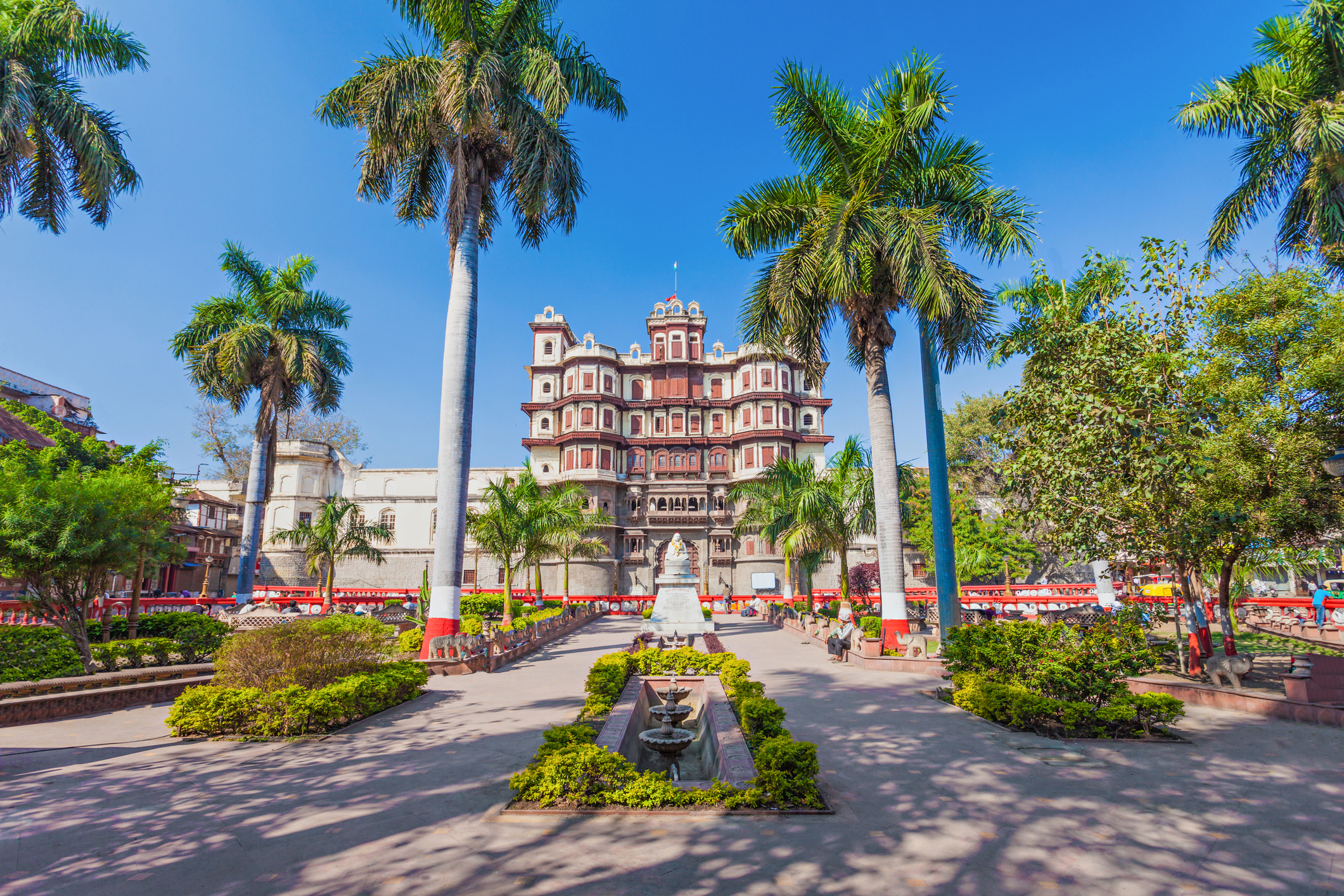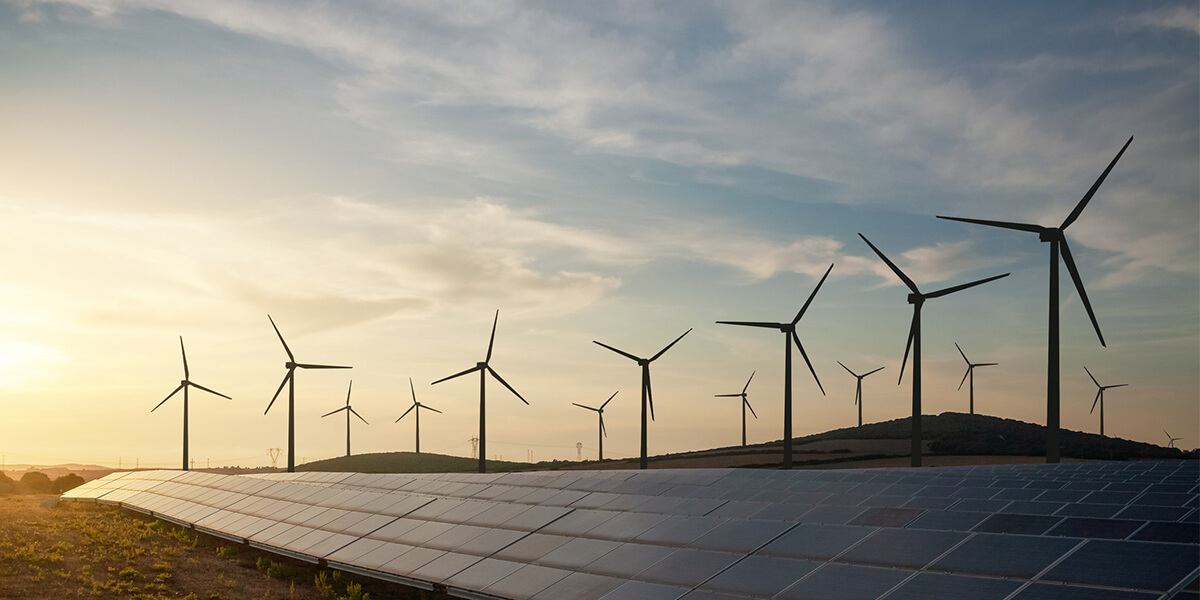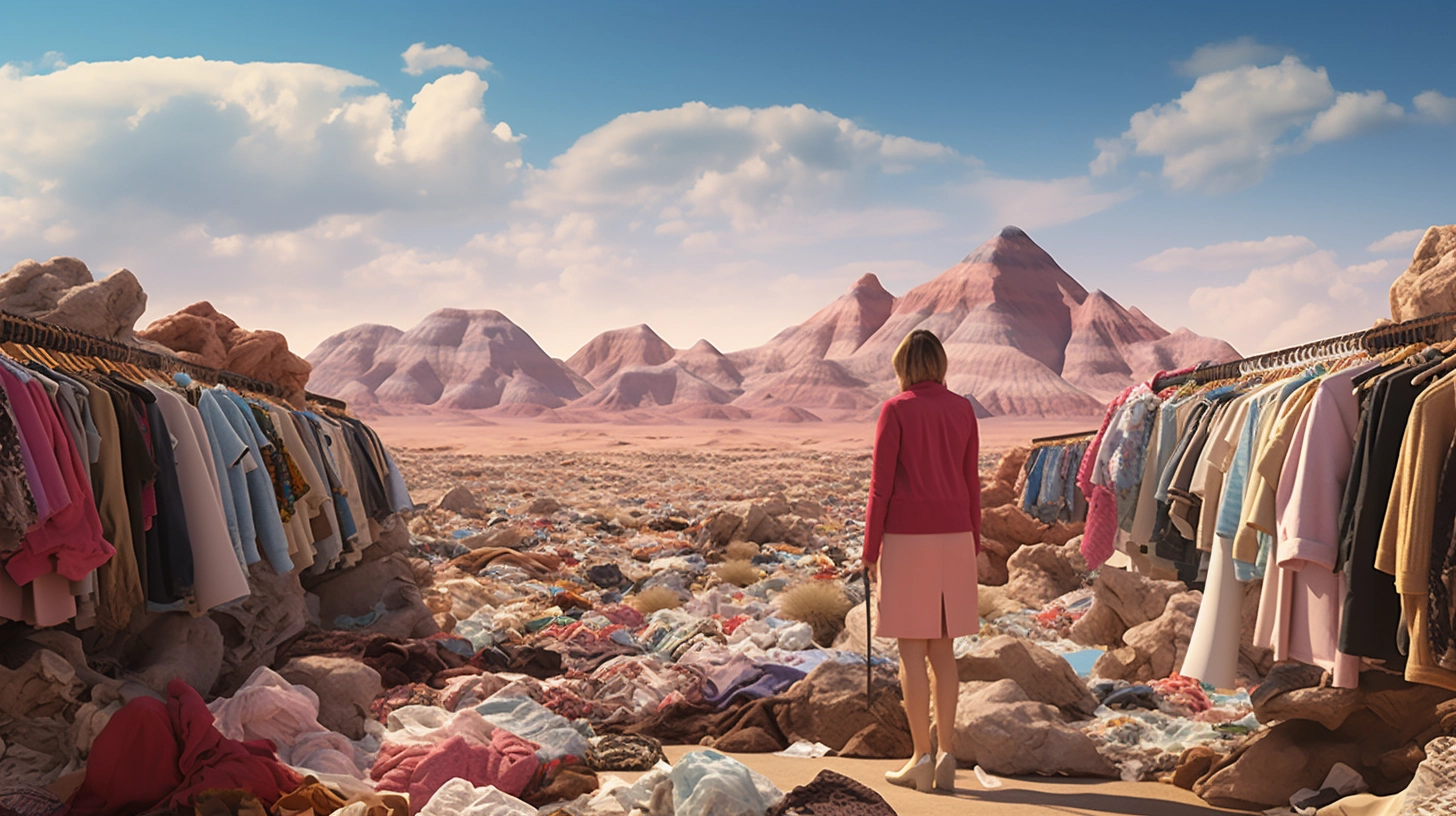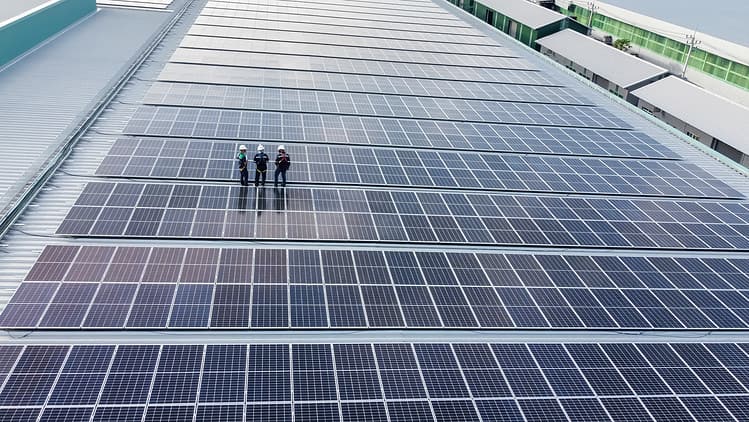
UNEP has long worked to help countries tackle their waste problem.
In Nigeria, a UNEP-led project funded by the Global Environment Facility (GEF) has driven ground-breaking legislation that holds manufacturers financially and legally responsible for pollution that their products create. The soon-to-be-concluded three-year, US$15 million project has been a boon for Nigeria’s often risky and informal e-waste processing industry, which employs 100,000 people.
The project has helped to create formal e-waste collection centres, provide personal protective equipment to workers and support improved education for government officials, value-chain workers and informal workers. It has also helped waste collectors and informal pickers safely extract valuable resources from 300 tonnes of electronic waste so far.
“Reducing waste requires action at all levels, and it’s critical we equip governments, industry, and consumers with the knowledge to make informed decisions to appropriately manage their waste,” says Ludovic Bernaudat, Head of the Knowledge and Risk Unit in UNEP’s Chemicals and Health Branch. “It’s important we do not sideline informal waste-pickers, who rely on waste for their livelihoods and bare the brunt of global waste streams.”
Governments can bolster effective e-waste management by requiring manufacturers and sellers to reuse electronics at the end of their life cycles and establishing consumers’ right to repair products, experts say.
UNEP and the GEF are also supporting the governments of Bangladesh, Indonesia, Pakistan, and Viet Nam to spearhead the movement to tackle waste in the global textiles industry through a five-year, US$43-million programme.
The four big clothes-producing countries are strengthening regulations and helping their manufacturers – which employ 10 million people and produce 15 per cent of global clothing exports – to reduce the use of hazardous chemicals in bleaching, dyeing, and other forms of textile processing.
The programme will bring public policy up to the standards of international best practice and equip companies with the tools and know-how to better manage hazardous chemicals, protect their workers and reduce the leakage of toxic “forever chemicals”, a family of approximately 12,000 synthetic chemicals.
Globally, innovations to manufacturing and dyeing are needed to address the textile industry’s high resource use, while new technologies must be developed to improve reuse, upcycling and recycling when materials reach their end-of-life stage, according to a 2020 UNEP report.
As well, UN-Habitat has helped cities improve their waste management through Waste Wise Cities and the African Clean Cities Platform. More than 400 cities and 60 partners have joined these networks and are committed to improving waste management and advocating for zero-waste good practices.
The Waste Wise Cites Tool has supported the development of comprehensive waste management plans and tangible projects in cities around the world since its launch in 2021. This includes a US$7-million project to improve municipal solid waste management in 13 coastal cities in Lebanon, a nine-city project in the Dominican Republic and a US$3-million project in Dar es Salaam, Tanzania. Data from the tool also helped inform the global estimate of SDG indicators 11.6.1, which provides important information and insights on the transition towards zero waste at global, national, and local levels.
With the impacts of waste mounting, communities have also turned to zero-waste initiatives. La Pintana, an urban municipality located south of Santiago, Chile, has successfully run a community programme to manage organic waste since 2005. Through the project, residents in the municipality separate food at the household level, enabling approximately 36 tonnes of organic waste to be composted per day and saving the municipality US$750 daily.
Celebrating Zero Waste Day
Türkiye, which put forward the resolution establishing the International Day of Zero Waste alongside 105 other countries, is among the leaders of the zero-waste movement.
Through its zero-waste project launched in 2017, the government provides support for the establishment of zero-waste management systems across all 81 provinces. The project has helped recover 33 million tonnes of recyclable waste, including 20 million tonnes of paper and cardboard and 5 million tonnes of plastic. This has resulted in about 62 billion Turkish lira (US$3.3 billion) in economic gain and savings in energy and water use and storage space.
“Habits have begun to change with population growth, urbanization, industrialization, and technology, (meaning) urgent measures should be taken,” says Şule Bektaş, a branch manager in the Ministry of Environment of Türkiye.
“Zero waste is about redesigning our systems and changing our habits so that all resources are used sustainably. We aim to … leave a clean and developed Türkiye and a livable world to future generations.”
As the world celebrates the first International Day of Zero Waste, experts hope that promoting zero-waste initiatives and highlighting the waste crisis can inspire action globally.
“Zero Waste Day is an opportunity to rethink our consumption style, refuse wastefulness, find values for reuse and recycle materials,” says Andre Dzikus, Chief of Urban Basic Services of UN-Habitat. “Let us think how we and our society can be waste-wise on this day.”
International Day of Zero Waste, observed for the first time on 30 March 2023 and jointly facilitated by UNEP and UN-Habitat, aims to raise awareness of the importance of responsible consumption and production practices and urban waste management. The day calls for rethinking humanity’s waste-related practices and for embracing a circular economy, which means reducing resource use and emissions to the environment throughout all stages of a product’s life cycle. This is considered key to addressing the triple planetary crisis of climate change, nature, and biodiversity loss, and pollution and waste.




